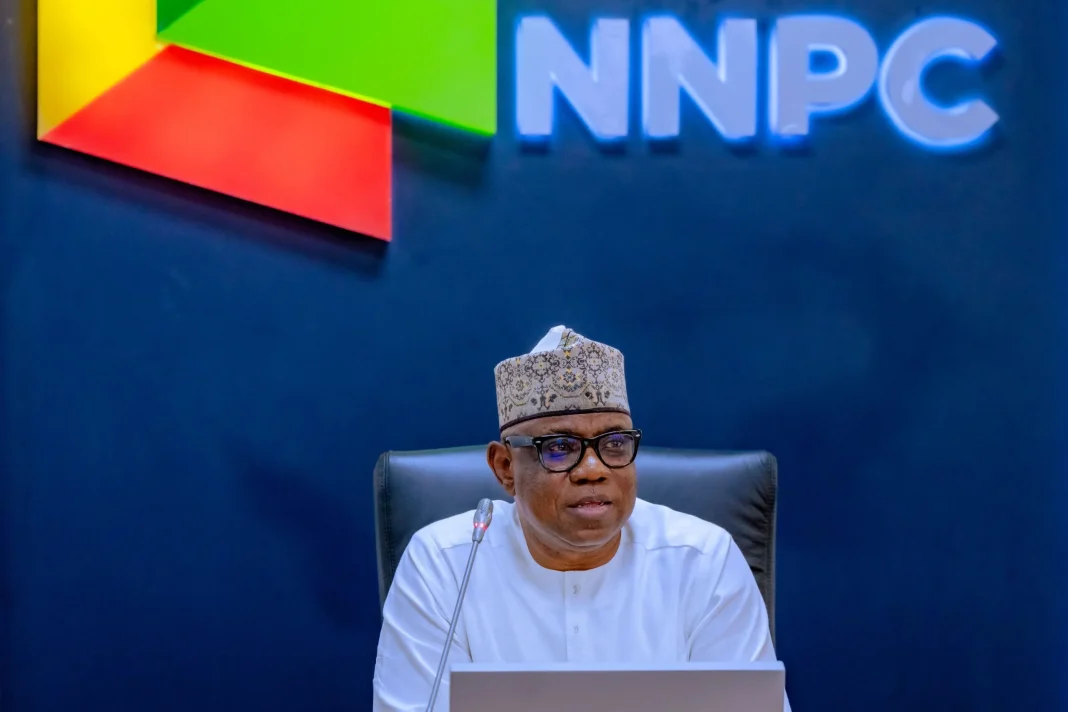According to Bayo Ojulari, group CEO of the Nigerian National Petroleum Company (NNPC) Limited, revamping state-owned refineries is becoming a ‘little more’ challenging.
On November 26, the NNPC announced that the Port Harcourt refinery had officially begun crude oil processing; nevertheless, the facility was shut down in May for repairs.
However, the Warri and Kaduna refineries are still undergoing renovation.
In an interview with Bloomberg on Thursday, Ojulari stated that the NNPC is now reevaluating its refinery plans and intends to complete the study by year-end.
The NNPC boss spoke with Bloomberg on the margins of the 9th OPEC international meeting in Vienna, Austria.
“So, in terms of refineries, we’ve made a lot of investments in recent years and introduced a lot of new technology. “We’ve been challenged,” he stated.
“Some of those technologies have not performed as promised thus far. But, as you know, refining an old refinery that has been abandoned for a long period makes things a little more problematic.
“We’re currently examining all of our refinery strategy. We intend to finish the review by the end of the year. That review may cause us to do things slightly differently.”
Ojulari added that NNPC is unsure whether the review will result in the sale of the refineries.
“But what we mean is that a sale is not out of the question. To be honest, all possibilities are on the table, but the outcome of the current reviews will determine the final choice,” he stated.
Read Also: Auxano Solar, Powered by All On and GEAPP, Attains Global IEC Standard for Solar Panels
‘The operating cost of production in the upstream sector is approximately $20 per barrel.’
Ojulari further stated that the operating costs of oil production in Nigeria range from $20 to $30 per barrel.
“For the cost of crude production, there’s a capital cost and there are the operating costs,” he informed me.
“The current operating cost in Nigeria is over $20 per barrel, which is pretty costly.
“Part of that is due to the investment we’ve had to make in terms of pipeline security, and as you know, our pipelines are now 100% available. That resulted from a considerable investment.
“So we believe with time, with stability, that cost will start going down, but for now it’s somewhere between $25 and $30 a barrel.”
Ojulari also stated that by the end of the year, the country intends to expand oil output to 1.9 million barrels per day (bpd).



